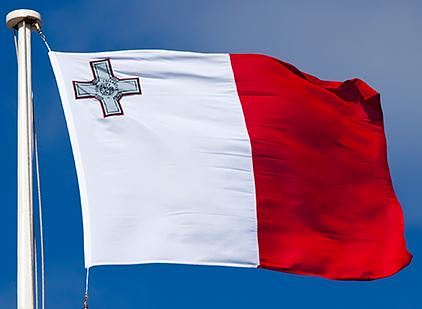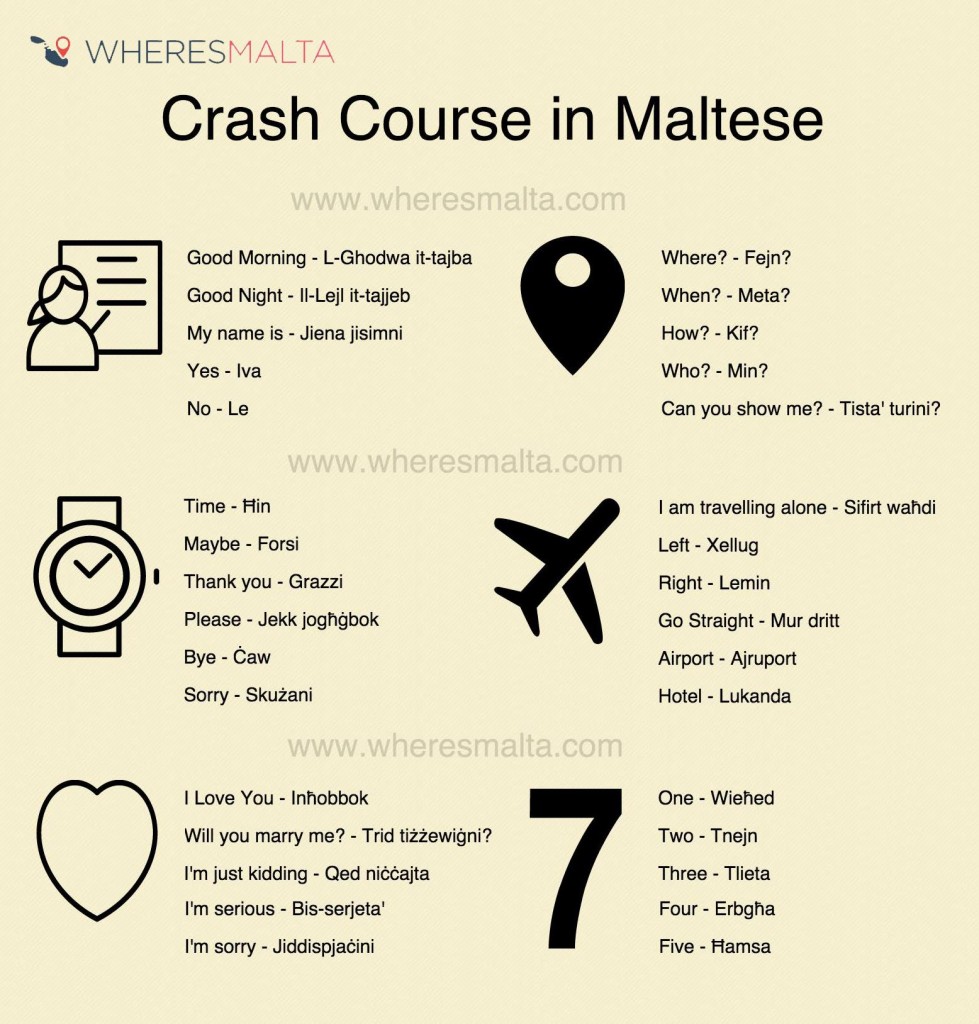Although Malta’s population is less than half a million, the nation still has its own unique language, Maltese (“Il-Malti”). Maltese is the only Semitic language written in the Latin alphabet. The Maltese language has Semitic roots with added words and phrases from Italian, French, Spanish and English, which shows some major influences by neighbouring countries or colonial nations. The Maltese language is incredibly fascinating to the linguists and especially to tourists who visit our island. Moreover, the Maltese language makes Malta one of a kind, as although it’s small, it still has a unique language.
Although the island has been ruled by different nations along the years, the Maltese people still kept this language as their main. Until the latter half of the 19th century, the Maltese language was spoken but not written down.
One of the first proofs of written Maltese is a poem written by Pietro Caxaro. The Knights tried to write the Maltase language as well. The Maltese language is thought to originate from the language of the ancient Phoenicians who had arrived in Malta in 750 B.C
After Malta become an independent state in 1964, both English and Maltese were given official status.Throughout the ages, an amount of words from English and Italian have been added to the Maltese dictionary, which has formed the Maltese language as we know it nowadays. However Maltese became the national language of Malta with all the legal ramifications that would suggest. Today Maltese is also one of the EU languages.
In Malta, one can find various examples of Arabic influence in the Maltese islands such as, places’ names and numbers. People, who try to learn Maltese, most probably will find it difficult to pronounce the letter “q” which is difficult to master.
The Maltese Language
The Maltese language is influenced from many other languages, mostly due to the fact that Maltese was ruled by different rulers from different countries.
As we have already highlighted, the Maltese language is a Semitic language (comes from Arabic and also referred to as Siculo-Arabic) and influenced from Italian and English. Malta was heavily influenced by Italian and Sicilian due to the contestant contact with these countries. Some of this linguistic influence comes from the Knights of St. John’s.

In the 1800s Malta became part of the British colony. Due to the long time under the British rule, it took some time until the English language started to be used in Malta. After World War II, the local community became closer to their rulers due to the fact that they fought together against their enemy. We can say that from that moment on English language started affecting the Maltese language.
Maltese Words
To learn the Maltese language you need some kind of introductory course. However, just like any other language, it can be learnt through practice. If you gave up on learning Maltese, there is nothing to worry about. Almost everyone in Malta speaks perfect English (hence why Malta is also a hub for learning English).
Having said that, we still think it’s useful to know some basic Maltese words. We prepared an infographic with some useful Maltese words, feel free to share (kindly mention us as a source due to the copyright).

Here is a typical Maltese conversation. Good Morning – Bonġu / L-Ghodwa it-tajba. How are you – Kif inti? I’m fine thanks, and you? – Jiena tajjeb, u inti kif inti?
Gozo Language
So maybe now you’re asking, what language is spoken in Gozo? In theory, Gozitans speak Maltese. However Gozitans are very famous for their dialect, and while they speak the same language as Maltese citizens, it could be quite challenging to understand a Gozitan speaking Maltese unless you master the language.
How to learn Maltese
However, those interested in learning the Maltese language, can find different language schools in Malta who organise courses for non-Maltese speakers. If you want to learn the Maltese language, you can start by attending a course at the University of Malta. This will be a good start, however like any other language, practice makes perfect!
Study – Maltese Language as a Tourist Attraction
We were curious to discover if any tourist or foreigners that live in Malta think that the Maltese language could be used as an attraction. We published the study here. Feel free to go trough it and see the interesting results for yourself!